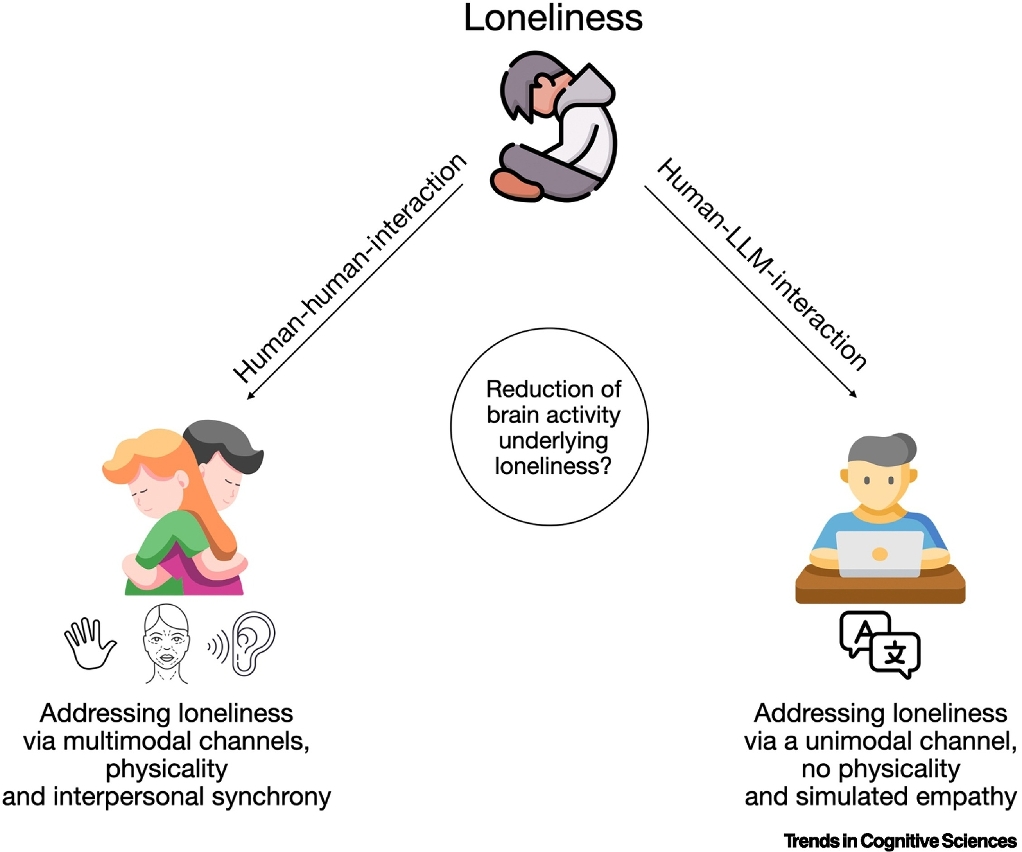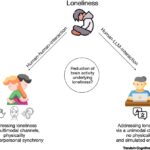 UM research reveals that AI is unlikely to be a long term solution to human loneliness
UM research reveals that AI is unlikely to be a long term solution to human loneliness
A joint study conducted by Christian Montag, associate director of the Institute of Collaborative Innovation at the University of Macau (UM), Michiel Spapé, associate professor in the Centre for Cognitive and Brain Sciences at UM, and Benjamin Becker, professor in the Department of Psychology at The University of Hong Kong, points out that artificial intelligence (AI) is unlikely to be a long term solution to human loneliness. The research has been published in the international journal Trends in Cognitive Sciences.
Loneliness affects one in six people worldwide and has been identified as a global public health concern by the World Health Organization. This is a serious issue that needs to be addressed, as loneliness can lead to significant physical and mental health problems. Some studies suggest that people are turning to AI companions or chatbots as substitutes for friends, or even psychotherapy. However, as Prof Montag points out, ‘If a person is lonely, they long for the physical presence of someone close to them. This is very hard to mimic with the available chatbots. Large language models operate mostly via text communication. Clearly, this is not sufficient to provide lonely people with the best cure for loneliness—direct support in person.’ To this end, Prof Montag and his colleagues reviewed literature on social touch and highlighted the importance of direct human interaction in times of despair. They concluded that AI is unlikely to be a long term solution to human loneliness.
The research also mentions that existing chatbots cannot replace direct human interaction in times of despair. Nevertheless, the research does point out that AI technology has significant potential to support humans in times of psychological crisis, especially when human intervention is unavailable. However, the researchers advocate making the technology safer before it can be used in this context, and emphasise the importance of remembering our evolutionary heritage and the need for genuine interpersonal connections. The research conveys a message to society: remarkable advancements in AI must not distract from or replace investment in community building and human-to-human support.
Prof Montag is the first and corresponding author of the study. Prof Spapé and Prof Becker are co-authors. Prof Becker is also the corresponding author. The full text of the study is available at: https://doi.org/10.1016/j.tics.2025.08.002.



